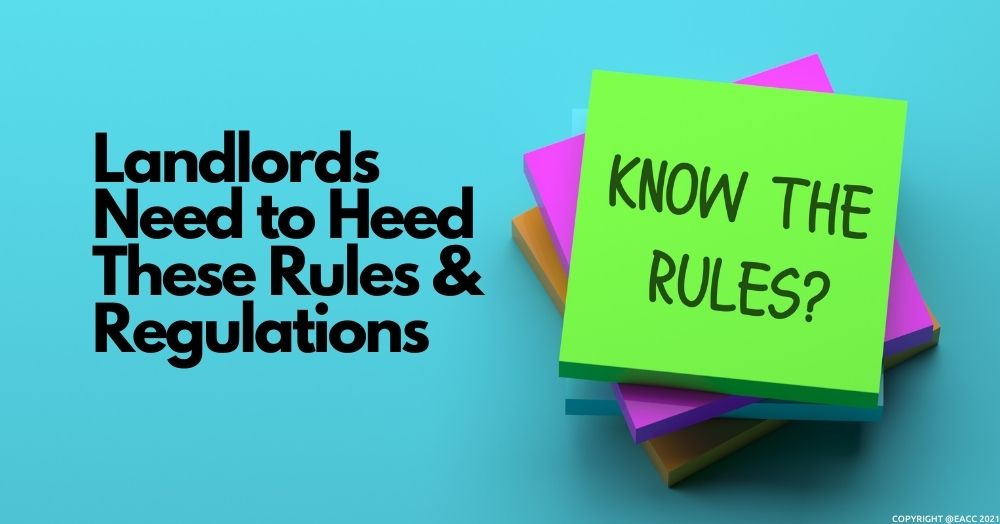
Landlords in Scotland Need to Heed These Rules and Regulations
In this three-minute read, we take a look at the most common rules and regulations that Scottish landlords need to remember.
Being a landlord is a tricky business. There are nearly 200 different pieces of legislation covering the how, why, and when of managing a rental property. Here are just four that landlords are often not getting quite right.
Deposit protection
In England, Scotland, and Wales, the deposit must be registered with a deposit protection scheme. The 2021 UK Landlord Survey found that 81% of landlords find registering their deposit difficult.
The deposit must be registered within 30 days of receiving cleared funds. The schemes are government-approved and the tenant must be informed where the money is deposited.
Energy performance certificates
Every rental property in the UK has to have an Energy Performance Certificate (EPC). They are stored on an electronic register that is publicly available. However, they also have to be included in any advertising you do for your property.
Electrical safety regulations
In June 2020, strict rules about electrical testing for new tenancies in rental properties came into force. Inspections must be carried out by a qualified person on all fixed electrical installations.
Since 1 April of this year, it also came into force for existing tenancies. A professional with an industry-recognised apprenticeship or Level 3 Certificate in Installing, Testing and Ensuring Compliance of Electrical Installations in Dwellings must carry this out. Any issues have to be resolved and the tenant must receive a copy of the inspection report within 28 days.
Gas safety check regulations
If you have gas going in to your rental property, all appliances, pipework, and flues must be checked annually.
As for the electrical safety tests, ensure that you use a qualified engineer and don’t plump for the cheapest. The report must be given to the tenant within 28 days as well.
TOP TIP: As with any time you need to visit, or arrange a visit to the property, make sure you give the tenant at least 24 hours’ notice. Keep a record of having given notice. If the tenant refuses access, you’ve then got the evidence that you tried.
If you’re a landlord in Scotland and are not 100% sure on all the rules and regulations you need to abide by, get in touch with us at Scottish Property Centre. A free, no-obligation chat will show you what you might need to tweak or if you’re on the right track.